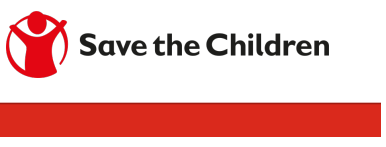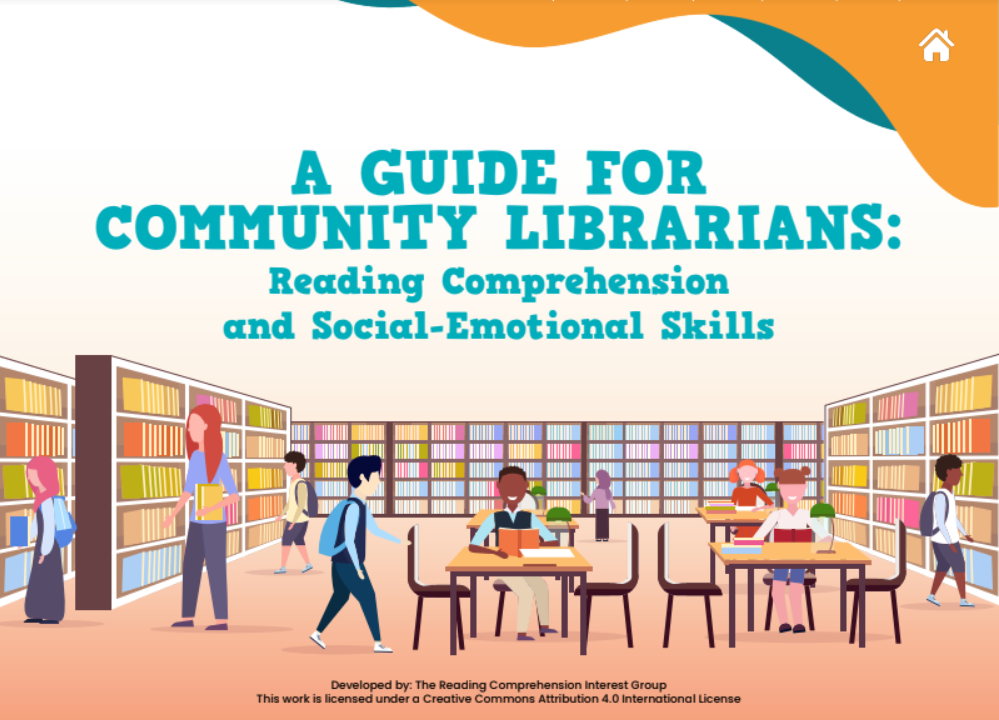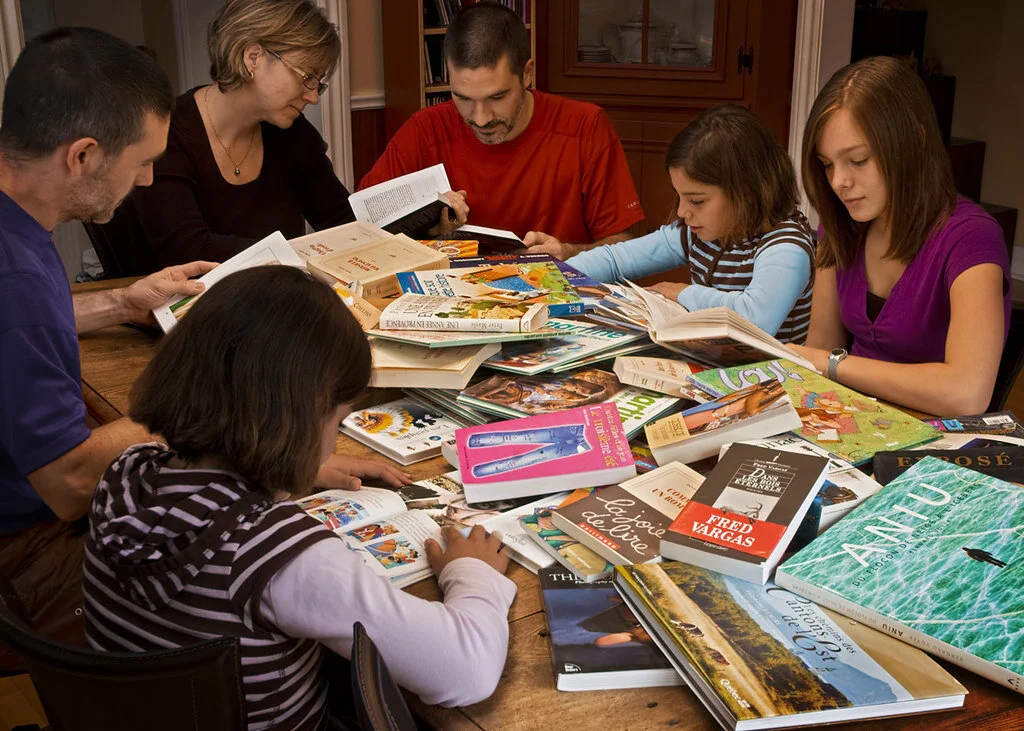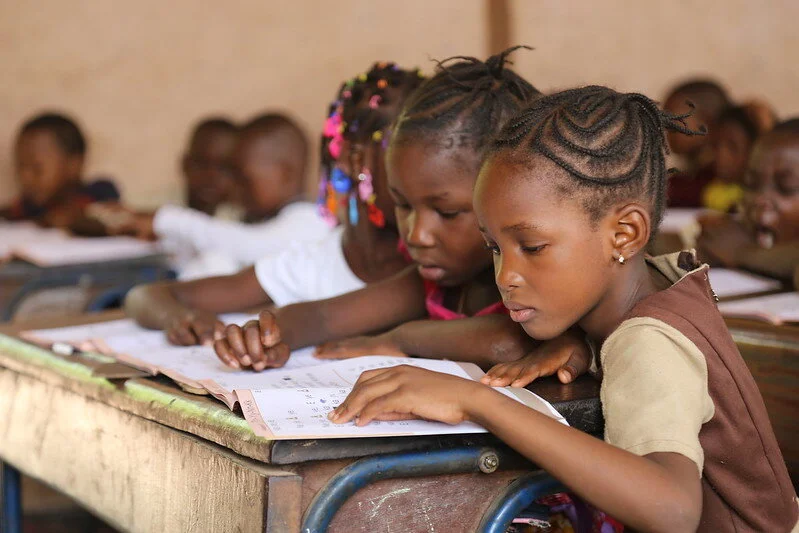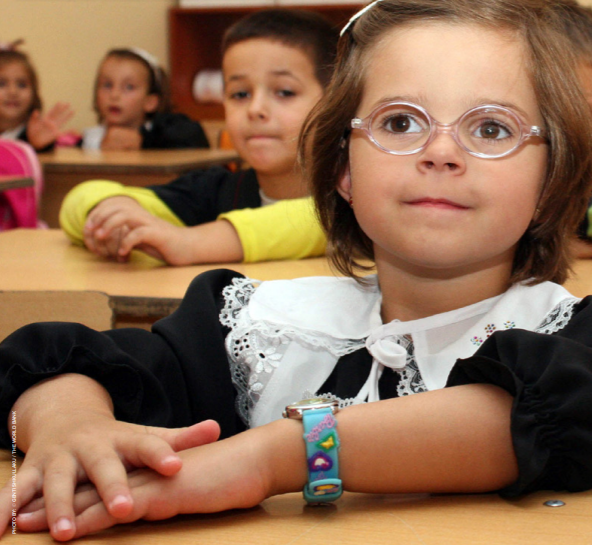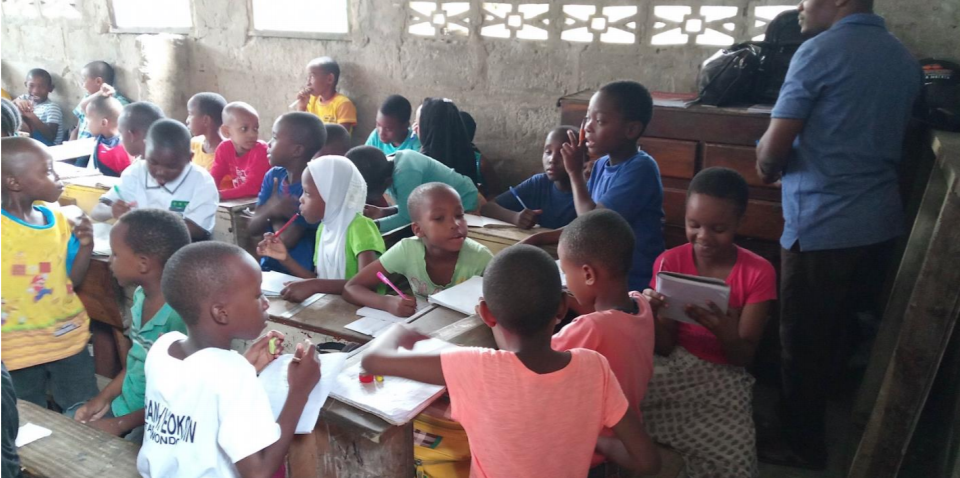World Bank, 2022
Read@Home - Embedding Track and Trace in Book Supply Chains : Final Country Report - Senegal
The Read@Home Track and Trace to Strengthen Book Supply Chains project involved the creation of a best practices guide to implementing track and trace solutions for Teaching and Learning Materials (TLM). Support was also provided to five target countries to adapt these best practices to the country context to enable the development of robust, locally-owned supply chain monitoring systems to ensure delivery of TLM to the schools and families that need them most.

